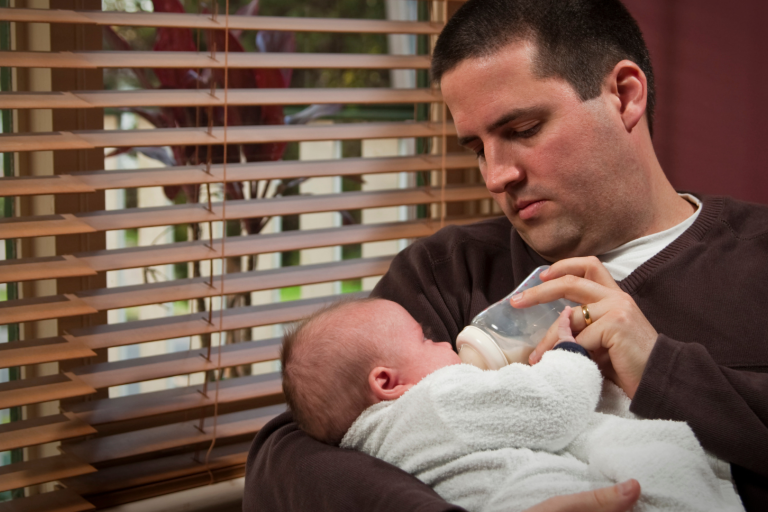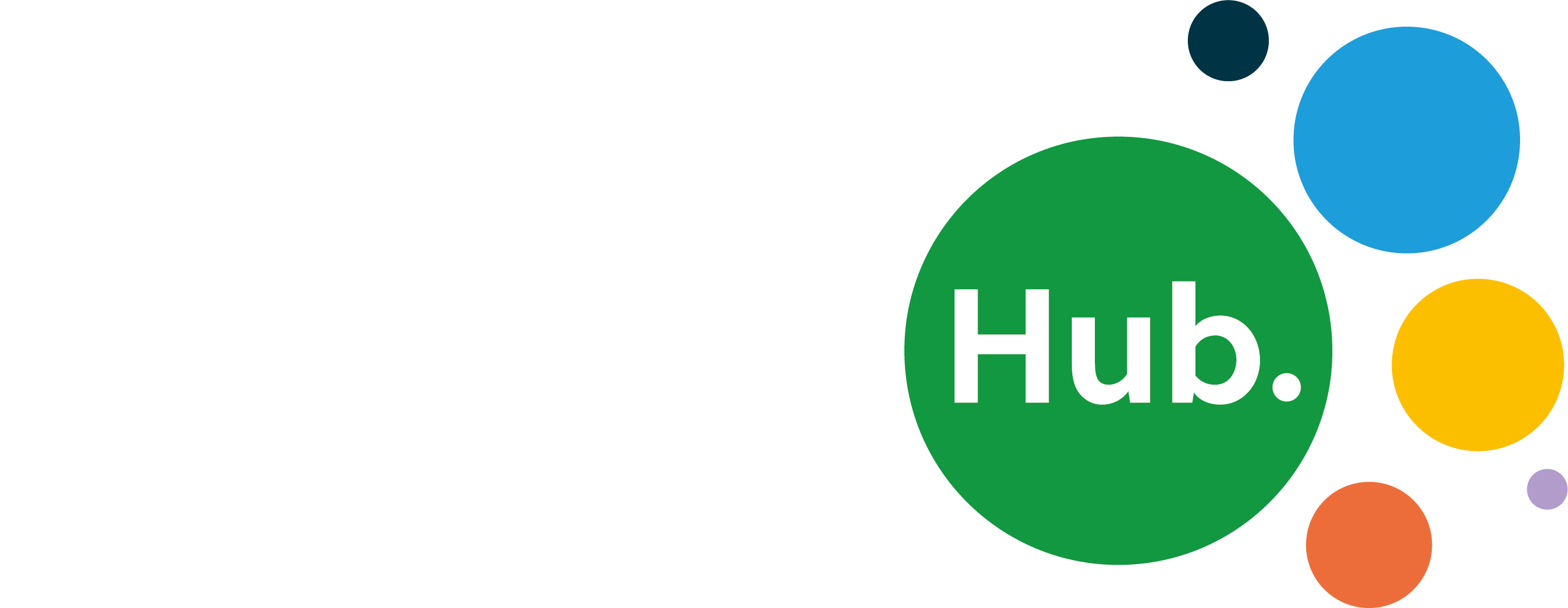Infant feeding
Feeding your baby can feel quite overwhelming at first, whether you are breastfeeding, bottle feeding or a combination of both. There is lots of guidance available to support you.

We support breastfeeding mothers/parents/families. You're very welcome to breastfeed in all:
- schools
- nurseries
- health centres
- children’s centres
The law protects your right to breastfeed in public spaces.
Breastfeeding advice and guidance
Feeding your baby on the breast can take some practice.
- Learn how to breastfeed and get support with breast feeding (NHS website)
- Breastfeeding resources (UNICEF website)
Breastfeeding support and helplines
If you have any questions or concerns about breastfeeding, there is help and support available. You can:
- talk to a friend or family member who has breastfed
- ask a GP, midwife or health visitor
- join a local breastfeeding support group (ask your health visitor for details)
Online support and helplines include:
- National Breastfeeding Helpline - available 24 hours a day. Call 0300 100 0212
- National Childbirth Trust (NCT)
- The Breastfeeding Network
- Find breastfeeding support services near you (NHS)
- Growing Healthy 0 to 19 years Cumberland (HDFT)
If you decide not to breastfeed you should feel supported in your decision to bottle feed.
You may be worried about:
- what formula to buy
- what equipment you'll need
- how to get the hang of feeding your baby

Information and advice on bottle feeding
Feed your baby responsively allowing them to feed as often as they want. Your baby may not always finish the bottle, this is normal.
Your health visitor can offer support and guidance with safe and responsive bottle feeding.

Introducing your baby to solid foods, sometimes called complementary feeding or weaning, should start when your baby is around 6 months old.
Your baby is ready for weaning, if they:
- stay in a sitting position, holding their head steady
- coordinate their eyes, hands and mouth so they can look at food, pick it up and put it in their mouth
- swallow food, rather than push it back out
Try not to feel nervous and overwhelmed at the thought of introducing your baby to solid foods, you are not alone.
Your baby may eat more on some days than others. That's fine. Have fun, stay relaxed, take your time and share mealtimes with your baby.
You could be entitled to get help to buy food and milk
If you're on income-related benefits, or aged 18 and under, you may be able to get help to buy food and milk via the Healthy Start scheme (NHS).
Advice and guidance
Find more information on introducing solid foods:
Vitamins and minerals are nutrients your baby's body needs in small amounts to work properly and stay healthy. Find more information on vitamins for babies and young children:
You could be entitled to free vitamins
If you're on income-related benefits, or aged 18 and under, you may be entitled to free vitamin drops for babies and young children via the Healthy Start scheme (NHS).
Good oral health is important for physical and emotional wellbeing.
Start brushing your baby's teeth as soon as the first milk tooth breaks through. This usually at around 6 months, but it can be earlier or later.
